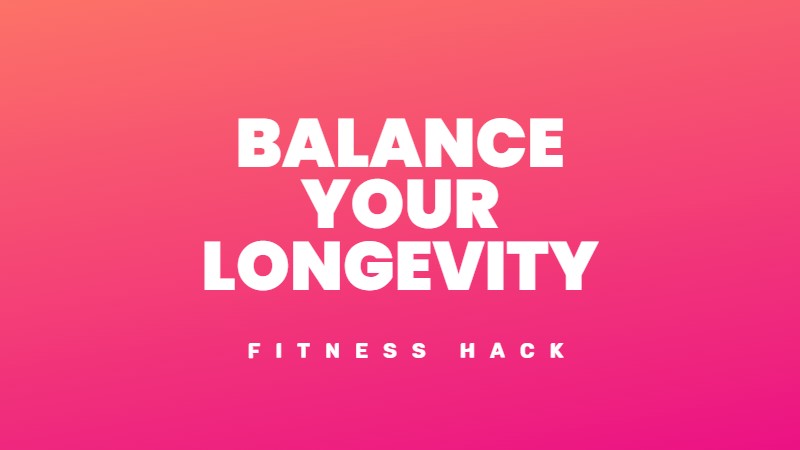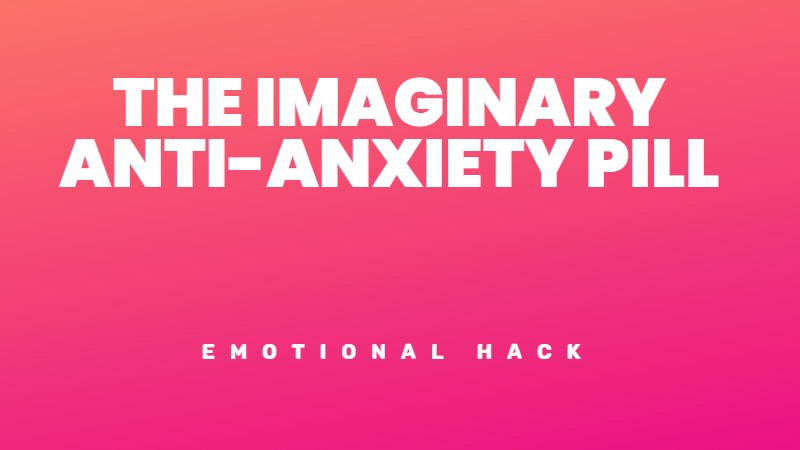Happiness is the feeling that makes our hearts sing, our spirits soar and the reason that we get up in the morning. In this article, you will find a collection of truths and facts about happiness that will debunk some common myths and hopefully leave you with insights and practical tips for living a happier you.
Research studies about happiness
- Social connections and strong relationships are key predictors of happiness (Diener & Seligman, 2002).
- Money can contribute to happiness, but its impact diminishes once basic needs are met (Kahneman & Deaton, 2010). Money can only buy happiness for up to about $75,000, but after that, it has no significant effect on our emotional well-being (Kahneman & Deaton, 2010).
- Most of our happiness is not determined by genetics but by our experiences and day-to-day lives (Lyubomirsky et al., 2005). Genetic factors account for 35-50% of our happiness.
- Trying too hard to find happiness often has the opposite effect and can make us overly selfish (Mauss et al., 2012).
- Pursuing happiness through social means (e.g., spending more time with family and friends) is more likely to be effective than other methods (Rohrer et al., 2018).
- Pursuing happiness is one place we should consider ditching the SMART goals. Pursuing “vague” happiness goals may be more effective than more specific ones (Rodas et al., 2018).
- Happiness makes us better citizens and is a good predictor of civic engagement in the transition to adulthood (Fang et al., 2018).
- Happiness leads to career success, and it doesn’t have to be “natural” happiness – researchers found that “experimentally enhancing” positive emotions also contributed to improved outcomes at work (Walsh et al., 2018).
- There is a linear relationship between religious involvement and happiness. Higher worship service attendance is correlated with more commitment to faith, and commitment to faith is related to greater compassion. Those more compassionate individuals are more likely to provide emotional support to others, and those who provide emotional support are more likely to be happy (Krause et al., 2018).
- A person with a close “happy” friend increases his or her own feelings of happiness by 15%. Even being near happy acquaintances, or “third-degree” friends, increases the chance of happiness by 6%.
- The happiest countries are in the Nordics. Finland, Denmark and Iceland ranked the highest according to the United Nation’s World Happiness Report (2023).
- People tend to be happier in the mornings. A Cornell study found that when the sun rises, so does your mood. Researchers analyzed the tweets of 2.4 million people worldwide and found that positive messages peaked at the start of the day.
- Happiness increases with age. A 2013 Harris Poll found that life satisfaction is higher for older adults than for young adults. Nearly 50% of Americans over 65 are very happy, compared to 31% of those aged 18-24. [Insert graph]
- Spending time in nature can improve mood and well-being (Berman, Jonides, & Kaplan, 2008).
- A growth mindset, or the belief that one can improve through effort, is linked to greater happiness (Dweck, 2006).
- Social comparison can decrease happiness while focusing on personal progress can increase it (Lyubomirsky, 2001).
- Emotional intelligence, or recognising and managing emotions, is associated with greater happiness (Salovey, Bedell, Detweiler, & Mayer, 2000).
- Unemployment makes people unhappy, and job satisfaction is strongly correlated with happiness. Lyubomirsky et al. (2005); Stubbe et al. (2005).
- Married people are happier than those who are single or divorced, and marital satisfaction predicts happiness.
Truths about happiness
- Happiness is a state of mind and not a destination. It is a journey that requires effort and practice.
- Happiness is not the absence of problems but the ability to deal with them.
- Happiness is not something that can be bought with money or material possessions.
- Practising gratitude can lead to a happier life. According to researchers at the University of California, Berkeley, being thankful can make you more joyful, generate a more optimistic outlook on life, and even help reduce stress.
- Happiness is contagious and can be shared with others.
- Happiness is not a one-size-fits-all concept. What makes one person happy may not make another person happy.
- Happiness is not just about feeling good but also about doing good.
- Happiness helps people build stronger coping skills and emotional resources.
- Positive emotions are linked to better health and longevity.
- Laughing reduces stress and increases pain tolerance
- Negative emotions and ideas are remembered more easily than positive ones.
- Happiness is not about feeling good all the time but learning to accept and manage the full range of emotions that we experience.
Activities to increase your happiness
Happiness can be influenced by intentional activities and practices, such as gratitude, kindness, and mindfulness (Lyubomirsky, Sheldon, & Schkade, 2005).
- A sense of purpose and meaning in life is associated with greater happiness (Steger, Frazier, Oishi, & Kaler, 2006).
- Consuming nuts, chicken, and milk, rich in tryptophan, can increase the production of serotonin, a chemical that promotes feelings of calmness and happiness.
- Sleep plays an important role in retaining positive thoughts. According to a 2013 Cornell study, having a happy outlook on life can help improve sleep quality.
- Pets can make you happier. Petting your furry friends releases oxytocin, also known as “the cuddle hormone,” in your brain, which can instantly make you feel happier. Oxytocin also helps reduce stress levels and lower blood pressure.
- Exercise can boost your mood. Research has shown that just 20 minutes of physical activity can have positive mood benefits beyond your workout. During exercise, feel-good chemicals such as serotonin, dopamine, and norepinephrine all rise, helping to improve your mood.
- Experiences are more valuable than possessions in terms of happiness. A San Francisco State University study found that, while most people didn’t regret their purchases, those who focused on experiences, such as vacations or concerts, showed higher satisfaction long after the event had passed.
- Giving to others through charity or small acts of kindness can boost your happiness. Altruism makes us feel good, and one study even found that the happiness gained from volunteering can increase longevity.
- Music can boost your happiness. A study published in the Journal of Positive Psychology found that listening to upbeat music can help improve your mood.
- Practising forgiveness can improve well-being and happiness (Worthington, Witvliet, Pietrini, & Miller, 2007).
- Positive affirmations can enhance self-esteem and happiness (Falk, Dunn, & Norenzayan, 2014).
- Practising self-compassion can improve happiness and well-being (Neff, 2003).
- Acts of kindness towards strangers can increase happiness (Curry, Rowland, Van Lissa, Zlotowitz, & McAlaney, 2018).
- Setting and pursuing meaningful goals can enhance happiness (Emmons, 2003).
- Practising self-care, such as getting enough sleep and eating well, can improve happiness (Neff, 2011).
- Cultivating a sense of awe and wonder can increase happiness and well-being (Keltner & Haidt, 2003).
- Some exercises to increase happiness include practising mindfulness, spending time with loved ones, and thinking about how you want your days to look.




Giv feedback om dette